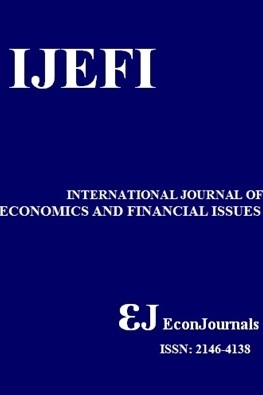Evaluating the Effect of Religious Capital on the Costs for God’s Sake by Comparing the Position Generator and Resource Generator Instruments
Evaluating the Effect of Religious Capital on the Costs for God’s Sake by Comparing the Position Generator and Resource Generator Instruments
One of the important defined factors affecting the religious behaviors is religious capital for which some indicators have been created. Position generator and resource generator are two cases of such indicators. According to reviews, the effect of this factor on the religious-based behaviors is positive. However, the explanatory variables of various indicators - in addition to reliability and validity - can also be a benchmark for their excellence. Based on the conducted studies, the costs for God’s sake is a function of the religious capital. The present study experimentally estimated the effect of religious capital on the costs for God’s sake in both separate and comparative forms to analyze the two techniques of position generator and resource generator. The statistical population was the households in the city of Zahedan. The statistical sample was 500 households in 2015. The data was collected in 2016 through interviews and questionnaires. The analysis was performed using econometrics in Eviews software. The findings showed that the religious capital had a positive effect on the costs for God’s sake in these households. However, the explanatory variable of position generator was higher. This means that the imported variable of this indicator created a higher meaningfulness for the model. Furthermore, the variable coefficients of the position generator indicators were still significant in the separation of up and down position religious capital, and the variable coefficients of the resource generator indicators were not significant at 10% confidence level.
